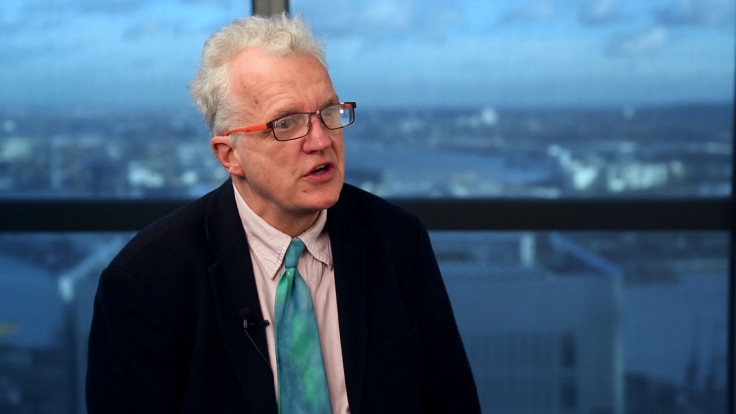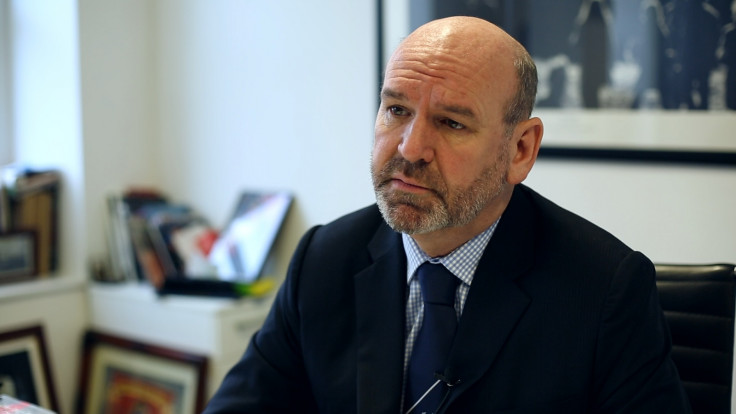Is it time to renationalise Britain's railways?
Rising fares, overcrowded trains and delayed services have led to increasing anger over how Britain's railways are run. According to a YouGov survey last year, 60% of the British public support renationalising the railways. The main reason cited - that they want the railways to be accountable to taxpayers, rather than shareholders.
This begs the question, could we see a renationalisation of Britain's railways in the future? In a special short documentary, IBTimes UK investigates.
Christian Wolmar, author and railway historian
Author and journalist Christian Wolmar has written numerous books on the history of Britain's railways. He argues the speed of privatisation has meant the last 20 years have been a bumpy ride.

"We had a very rapid stage of privatisation, it was done far too quickly between 1992-1997 it was broken up into more than 100 parts, with mainly Railtrack, a private company, running the infrastructure, 25 train operators, various freight companies, and all sorts of ancillary companies supporting that," he said.
"It's a fragmented industry and I think we've suffered from that. We are paying more for the railways than we need to if there wasn't a more integrated system like there is in most countries in Europe," he added.
Mick Whelan, general secretary of ASLEF
Since privatisation, passenger numbers have doubled from 750m in 1995, to 1.5bn today. But according to one study last year, some train fares have increased by up to 245%.
The unions have claimed that under this system, rail fares have become unaffordable.

"The promise of privatisation initially was that everything would drive competition, and competition would drive fares down. The reality is that since privatisation in the two decades we've had it fares have gone up by 65%, that's over 20% in real terms, and continued at RPI or more every year," said Mick Whelan, secretary general of train driver's union ASLEF.
"And we now have post-recession studies that tell us that people have things like transport poverty, where they are paying 24 or 26% of their gross income to get to work, and have no choice but to do so. And eventually, subsidising the industry by the backdoor for the privateers to make massive profits, while increasing fares, is becoming an increasing problem for us," he added.
Ben Southwood, head of research at The Adam Smith Institute

But, others, such as Ben Southwood at Libertarian think tank the Adam Smith Institute, say that renationalisation is not necessarily the answer.
"Between 1948 and 1995 the railways were nationalised, and almost no-one thinks this was an era of success," he said.
"The nationalisation thing is a big red herring. We don't just solve the problem by nationalising them, and we might cause new problems," he added.
© Copyright IBTimes 2025. All rights reserved.






















